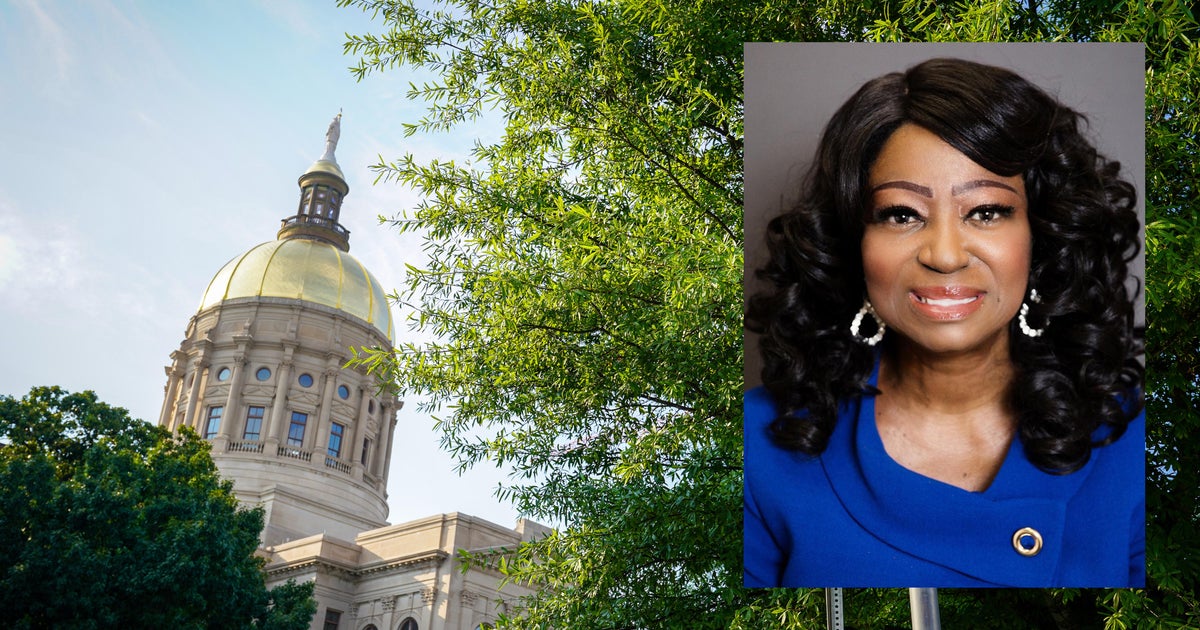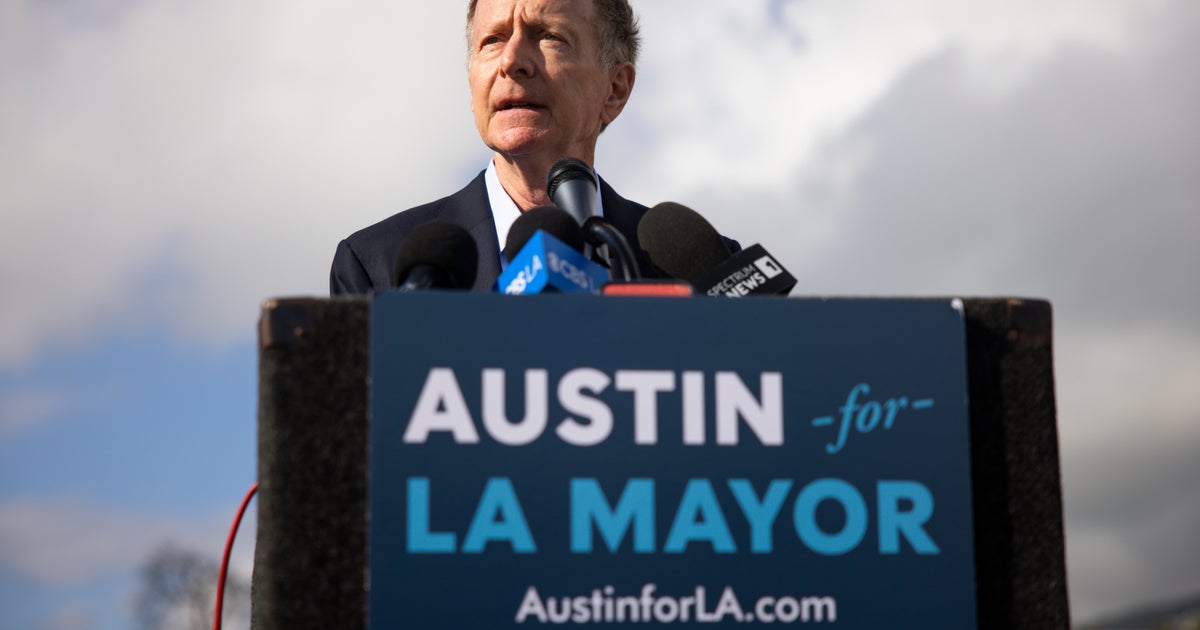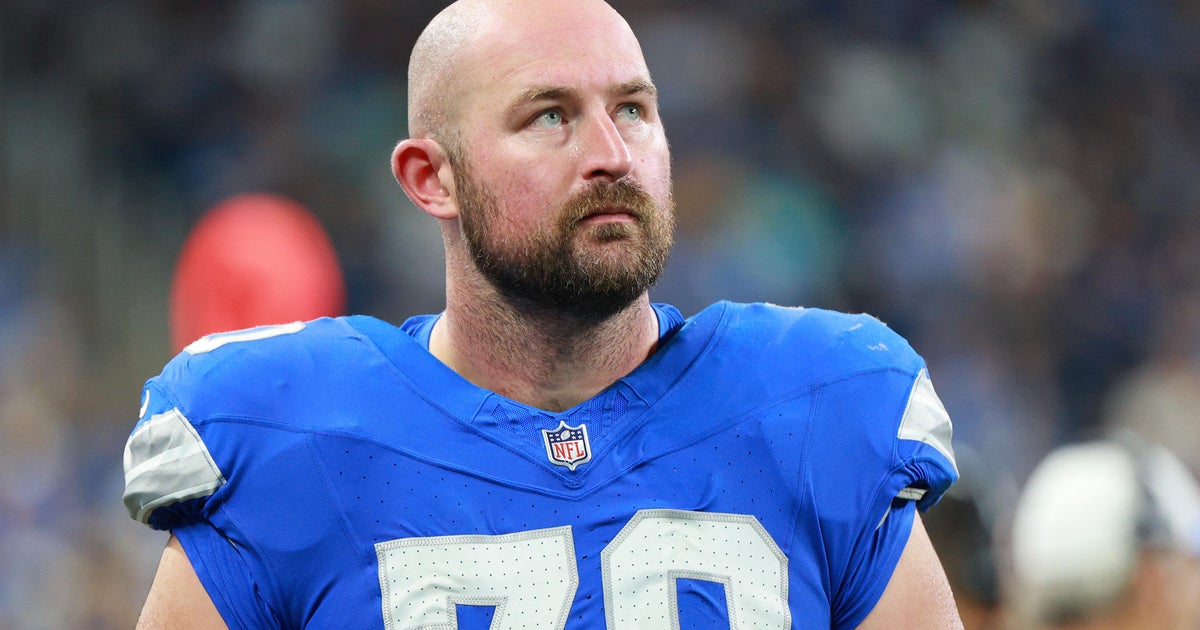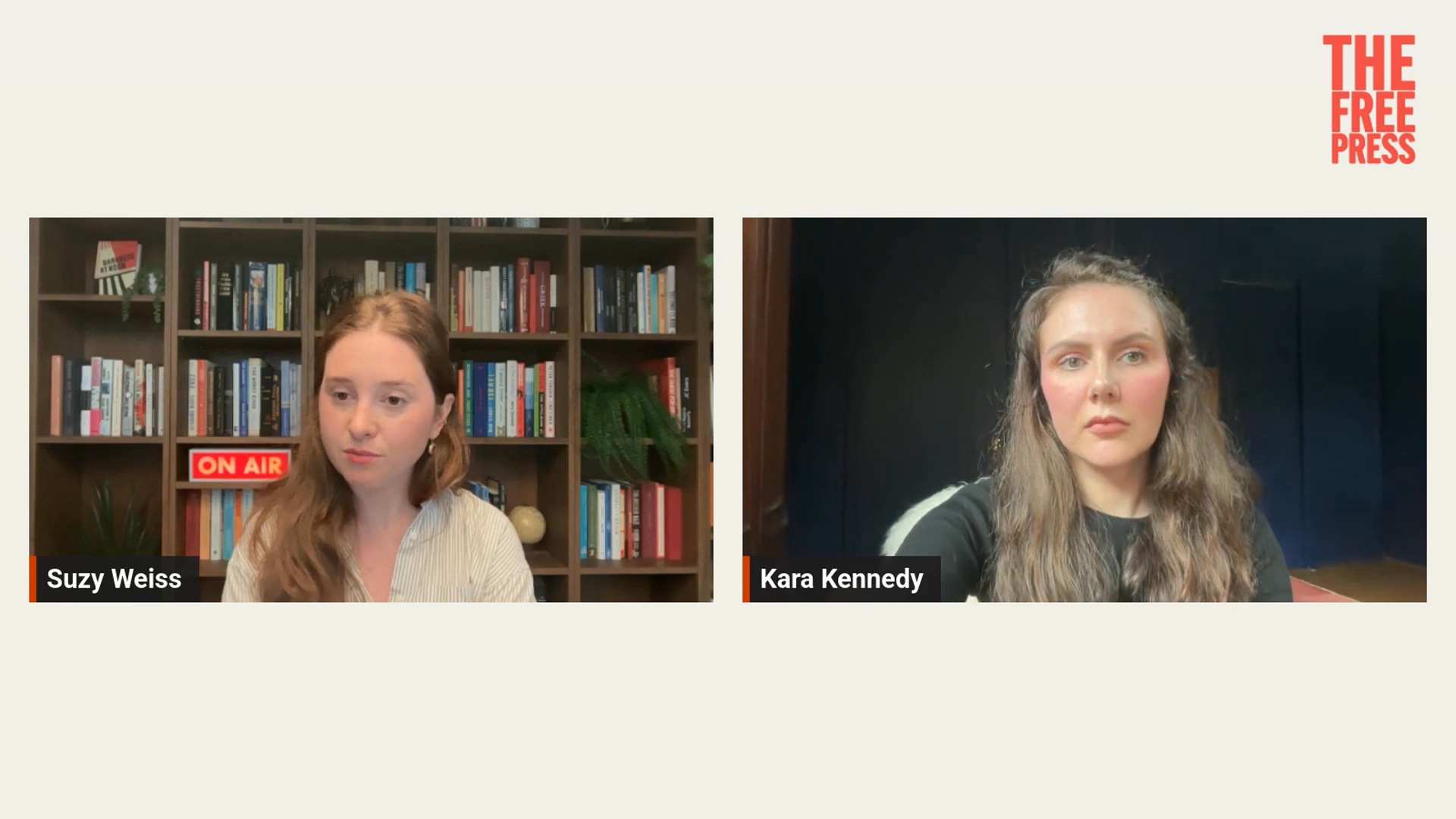"Grey's Anatomy" to tackle coronavirus pandemic in season 17
In recent seasons, "Grey's Anatomy" has tackled timely social issues like racism, homelessness, rape, and the deportation of DACA recipients. Now, the show plans to address the coronavirus pandemic and its impact on first responders, an executive producer announced on Tuesday.
"There's no way to be a long-running medical show and not do the medical story of our lifetimes," executive producer Krista Vernoff said during the Television Academy's panel "Quaranstreaming: Comfort TV That Keeps Us Going," posted Tuesday. "We're going to address this pandemic for sure."
She also said that writers for the show are working with real doctors to learn about the impact COVID-19 has had on health care.
"Every year, we have doctors come and tell us their stories, and usually they're telling their worst or their funniest or craziest stories, and this year, it has felt more like therapy," Vernoff said. "The doctors come in and we're the first people they're talking to about these types of experiences they're having. They are literally shaking and trying not to cry, they're pale, and they're talking about it as war — a war that they were not trained for."
Vernoff said that this is a storyline that they are specifically talking about for the character of Dr. Owen Hunt, a former U.S. Army trauma surgeon, played by Kevin McKidd, who was also on the panel. Chandra Wilson, who plays Dr. Miranda Bailey, also sat on the panel.
"It's really important to reflect what's going on in our society right now in our show," McKidd said during the panel. "It really puts up a mirror sometimes to what's happening in America and in the world."
Shooting for the upcoming season hasn't started because of the pandemic, but Vernoff said that the crew is having conversations about how to "keep alive humor and romance while we tell these really painful stories."
"It's really painful to realize what [doctors are] going through on a daily basis. While we're sitting at home trying not to get sick, they're having to be family and friend to their patients because families and friends aren't allowed in. They're holding people while they die. They're having to decide who lives and who dies," Vernoff said. "... It's a lot and I feel like our show has an opportunity and a responsibility to tell some of those stories."





